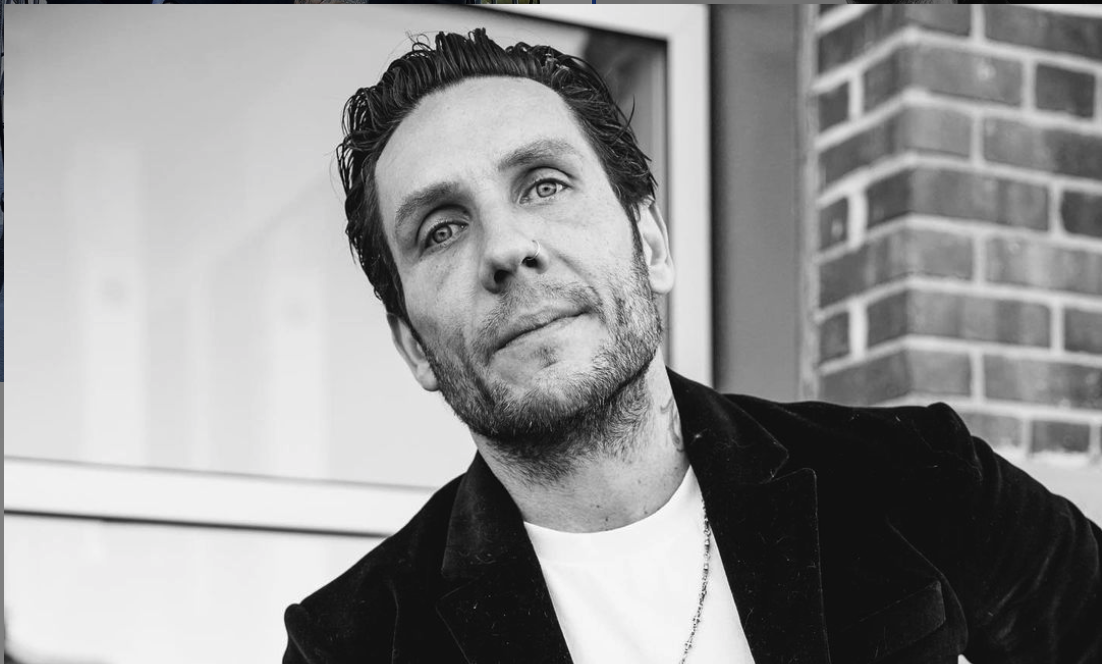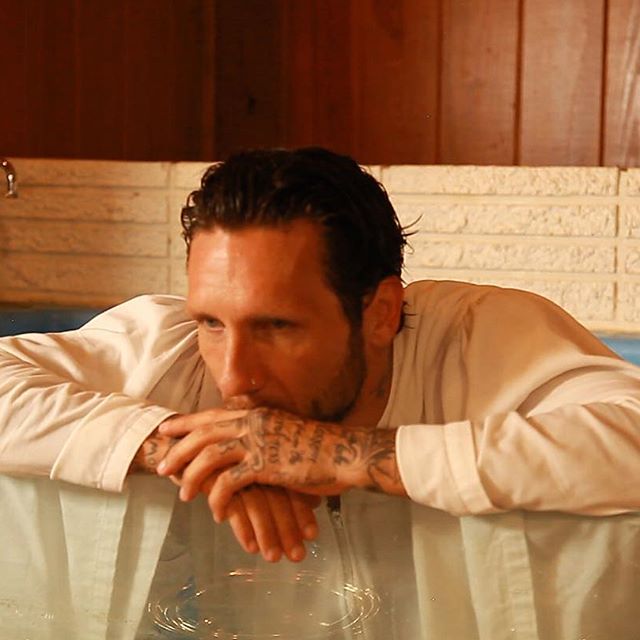Meth Addiction Intervention
Many individuals who struggle with substance abuse are in denial of their condition. Others may believe they can quit on their own whenever they decide to. But once a person has developed a physical and mental dependency on a substance, it’s no longer considered a choice. Addiction is a disease that can cause a person to lose their home, relationships, and even their life. If your loved one is struggling with substance abuse, then you may be aware of how difficult it can be to get them help. The idea of undergoing treatment at a rehab center can be daunting for some people, and others may think they could quit on their own. For individuals addicted to meth, they may not realize the damage being done to their bodies until it shows in their outward appearance. When you feel as if you’ve tried everything to help your loved one and nothing has changed, then it may be time to organize a meth addiction intervention.
What Happens in a Methamphetamine Intervention?
Many people who have a methamphetamine addiction are hesitant to receive treatment and often choose to turn a blind eye to their problems. If you’re a friend or family member of an addict, then you may understand how heartbreaking it can be to watch a person you care about struggle with this disease.
An intervention is a meeting in which the addict’s closest friends and family come together to confront the individual about their substance abuse. During a meth addiction intervention, each person will express to the person how the addiction has affected them personally. This meeting is not meant to be accusatory, but rather a safe and comfortable place where the addict and their loved ones can come together to decide the next step. The purpose of this meeting is to open the person’s eyes to how their addiction is affecting themselves and others while motivating them to seek addiction treatment.
The repercussions of substance abuse affect the addict as well as their friends and family. A successful intervention can motivate the person to accept treatment for meth addiction and begin to make amends with those that have been affected by their behavior. A solid intervention for meth abuse requires proper planning and coordination. This meeting should not be thrown together last minute. Before staging a meth addiction intervention, the leader of the meeting should be determined. This person can then move on to organizing the other aspects of the intervention, like the location, time, date, and who will be in attendance. Those who will be at the meeting are encouraged to write an intervention letter that describes how they’ve been impacted by the person’s addiction. These letters are meant to be loving, not critical. A script should also be created as an outline the group can follow to avoid any drama or incidents that may cause the person to feel as if they’re being cornered.

How a Certified Intervention Specialist Can Help
Successful meth interventions are often planned and led by a certified intervention specialist (CIP). A CIP is a trained individual who is certified to organize and lead addiction interventions. A CIP is a third-party that comes into the picture with fresh eyes. They can not only educate the addict and the rest of the group on addiction, but they can also help mitigate any family drama or emotional escalations that may take away from the purpose of the intervention. Having an addiction interventionist can also keep the individual calm and clear up any misconceptions or stigmas about substance abuse.

Intervention for Methamphetamine Addiction at Novak’s House

As a recovery advocate, Brandon Novak understands the ups and downs of addiction. As a nationally certified intervention specialist, he has helped people all around the United States hold interventions for their loved ones. He remains widely available to his clients throughout the intervention process, connecting with them through phone, email, and even Skype. Because Brandon is in addiction recovery himself, he’s aware of the various aspects of substance abuse as well as the rehabilitation admission process. His own recovery story allows him to relate to the individuals he helps and exemplifies the benefits of addiction treatment.
Helping your loved one get sober isn’t always easy, but it is possible. If you need help conducting an intervention, call Brandon today at (610) 314-6747.

